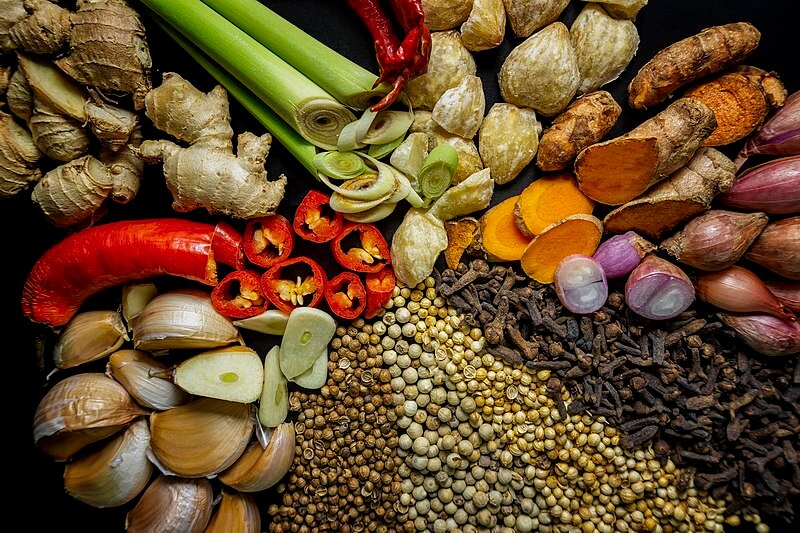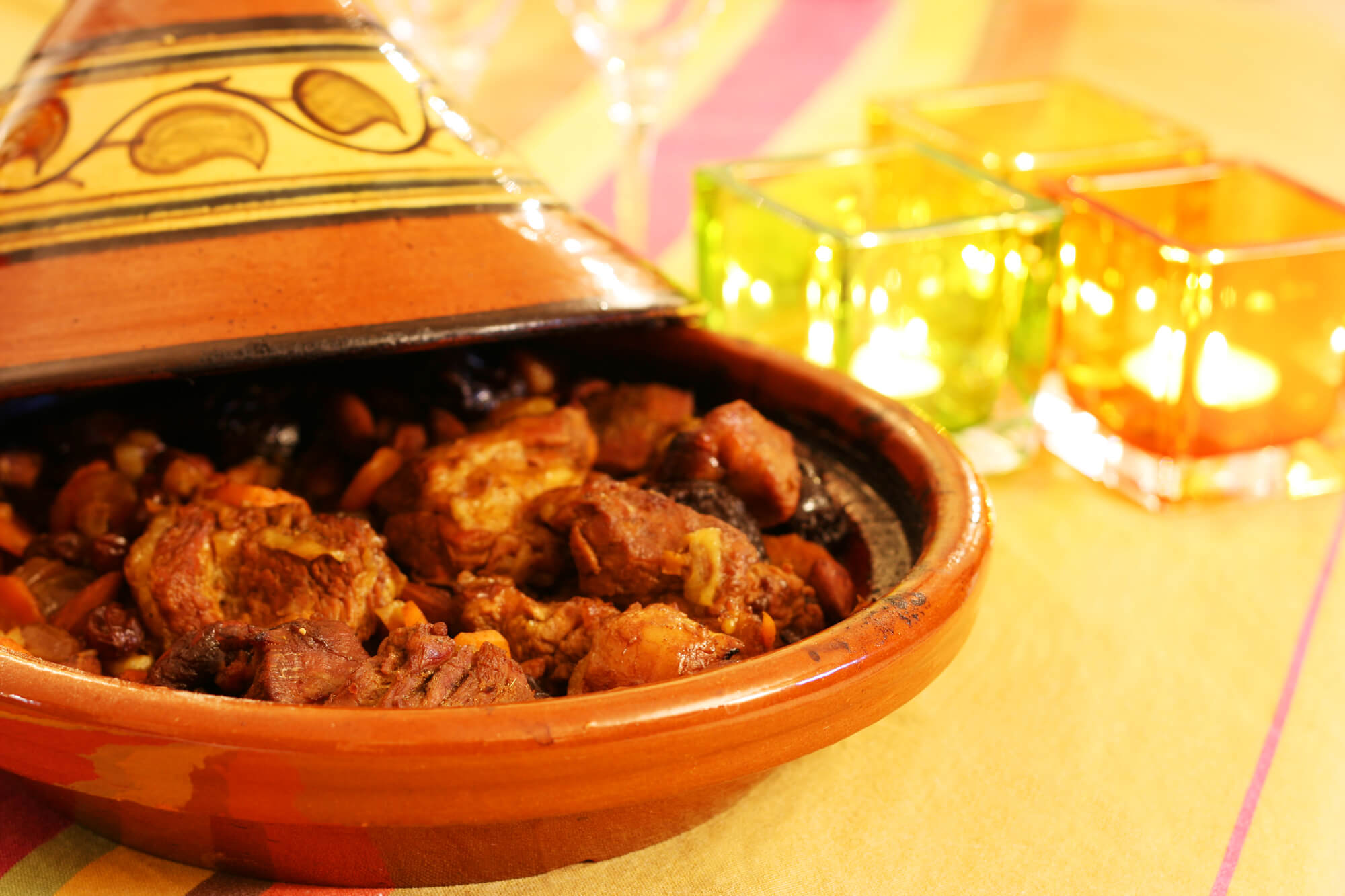Zanzibar is an archipelago off the coast of Tanzania, in East Africa. It is composed of the islands of Unguja, Pemba, and many smaller islands. It has a long history as a trade center and has been ruled by various powers throughout history, including the Omani Arabs, the Portuguese, and the British. Today, it is a semi-autonomous region of Tanzania and is known for its beaches, spices, and historical sites.
Zanzibar Culinary
The culinary history of Zanzibar, a group of islands located off the coast of Tanzania, is a fusion of African, Arabian, and Indian influences. The island was a major center for the spice trade, and spices continue to play a prominent role in Zanzibarian cuisine.
One of the most popular dishes on the island is pilau, a rice dish made with spices such as cardamom, cinnamon, and cloves, as well as meat or seafood. Another popular dish is biryani, a rice dish that originated in the Indian subcontinent and is made with spices, meat, and vegetables.
Zanzibar is also known for its seafood dishes, such as grilled octopus, which is often seasoned with chili and lime juice. The island’s cuisine also features a variety of stews and soups, such as mchuzi wa samaki, a fish stew made with coconut milk and spices.
Another staple of Zanzibarian cuisine is ugali, a porridge made from cornmeal that is often served with stews or soups. Additionally, chapati, a type of Indian flatbread, is also commonly eaten on the island.
Zanzibar Spices
The island’s cuisine also includes a variety of sweet treats, such as the traditional Indian sweet known as jalebi, which is made from deep-fried dough and soaked in syrup. Another popular sweet is the Zanzibari coconut cookie, known as kashata, which is made with coconut and spices. The island’s history as a hub for trade and commerce has greatly influenced the diverse use of spices in its food. Here, we will take a look at the most common spices used in Zanzibar food and how they contribute to the distinct taste of the island’s dishes.
- Cumin: Cumin is a staple spice in Zanzibar cuisine, used in a variety of dishes including stews, curries, and meat dishes. Its earthy and warm flavor adds depth to the dishes, making them more complex and satisfying. Cumin is also used as a digestive aid and is believed to have anti-inflammatory properties.
- Coriander: Coriander is another commonly used spice in Zanzibar food. Its distinct fresh and citrusy flavor is used in both sweet and savory dishes. It is often used as a garnish in curries and soups and is also used as a marinade for meat and fish. Coriander is known to be high in antioxidants and is believed to have anti-inflammatory properties.
- Turmeric: Turmeric is a yellow-orange spice that is commonly used in Zanzibar food. It is known for its distinct flavor and color, and is used in a variety of dishes including curries, stews, and rice dishes. Turmeric is also used as a natural food coloring and is believed to have anti-inflammatory properties.
- Cinnamon: Cinnamon is a sweet and aromatic spice that is used in both sweet and savory dishes in Zanzibar cuisine. It is commonly used in meat and fish dishes, as well as in sweets such as baklava and honey cakes. Cinnamon is believed to have anti-inflammatory properties and is also known to aid in digestion.
- Cloves: Cloves are a popular spice in Zanzibar food, known for their strong and distinct flavor. They are used in a variety of dishes including curries, stews, and meat dishes. Cloves are also commonly used as a garnish for sweet dishes such as baklava and honey cakes. Cloves are believed to have anti-inflammatory properties and are also known to aid in digestion.
- Cardamom: Cardamom is a popular spice in Zanzibar cuisine, known for its unique and complex flavor. It is used in both sweet and savory dishes and is commonly used in curries, stews, and meat dishes. Cardamom is also commonly used as a garnish for sweet dishes such as baklava and honey cakes. Cardamom is believed to have anti-inflammatory properties and is also known to aid in digestion.
- Pepper: Pepper is a commonly used spice in Zanzibar food, known for its strong and distinct flavor. It is used in a variety of dishes including curries, stews, and meat dishes. Pepper is also used as a garnish for sweet dishes such as baklava and honey cakes. Pepper is believed to have anti-inflammatory properties and is also known to aid in digestion.
In addition to traditional Zanzibarian cuisine, the island has also been influenced by the cuisine of other countries that have had a presence on the island, such as the Omani and the British. For example, the traditional Omani dish machboos, a rice dish made with meat or seafood, is also enjoyed on the island.
In summary, Zanzibar’s culinary history is a melting pot of different cultures, with African, Arabian, and Indian influences. Spices are a staple ingredient in many traditional dishes, such as pilau, biryani and seafood dishes. Other popular dishes include stews, soups, and traditional sweet treats. The island’s cuisine has also been influenced by other cultures such as Oman and the British.



